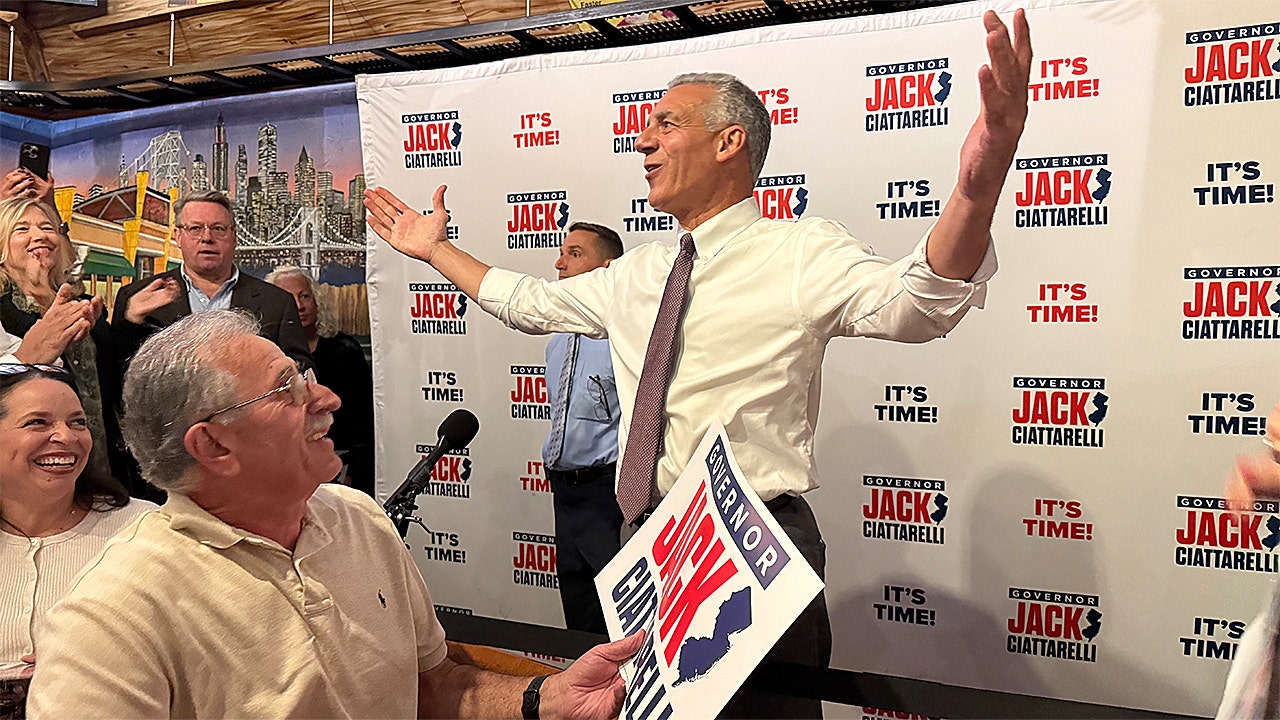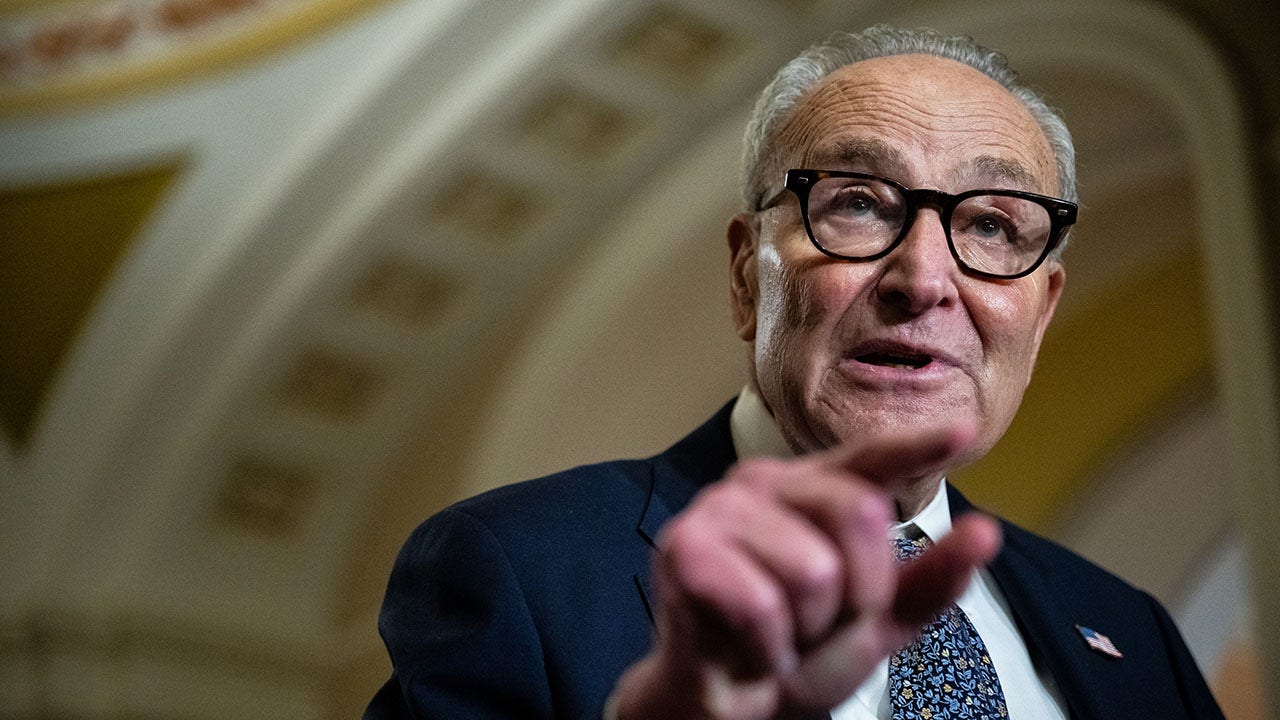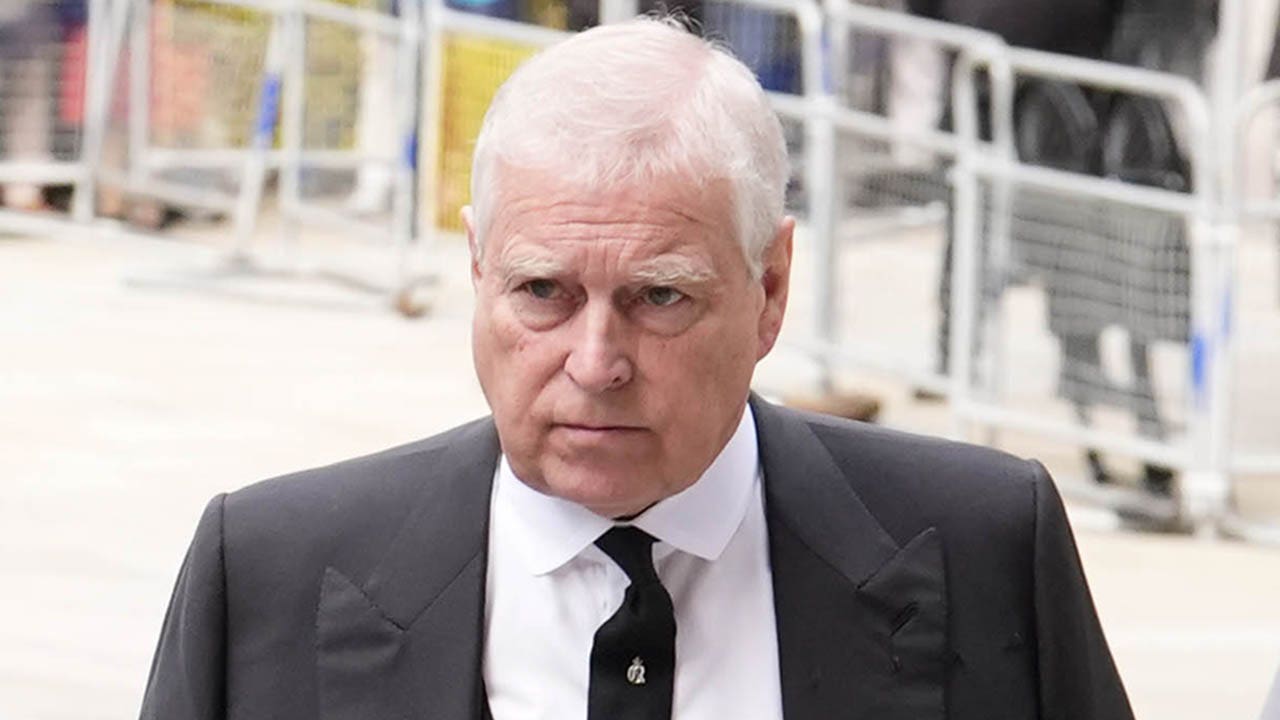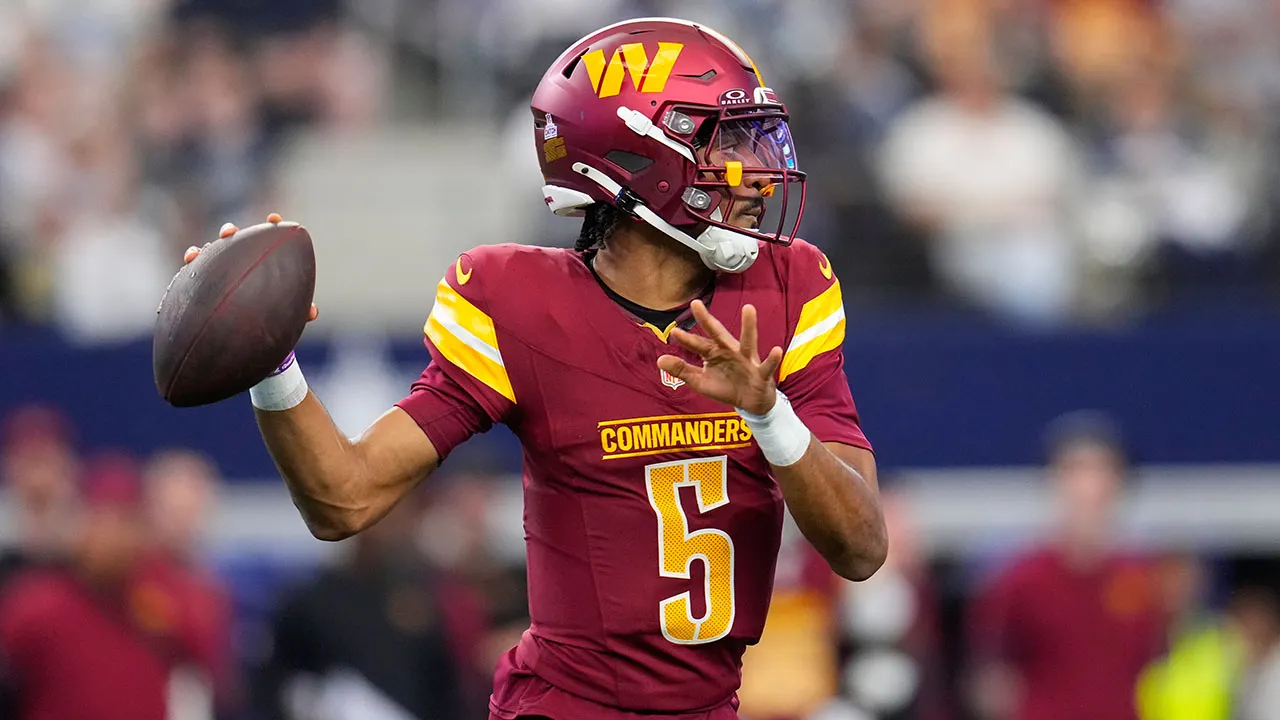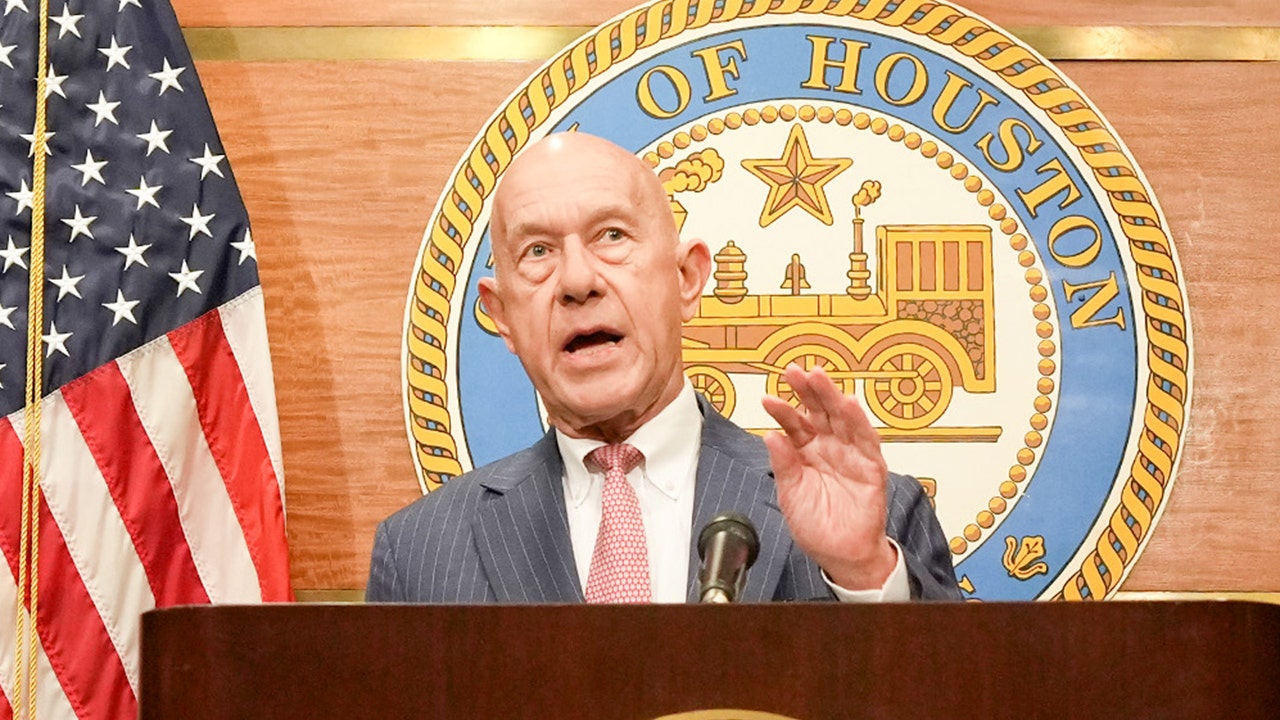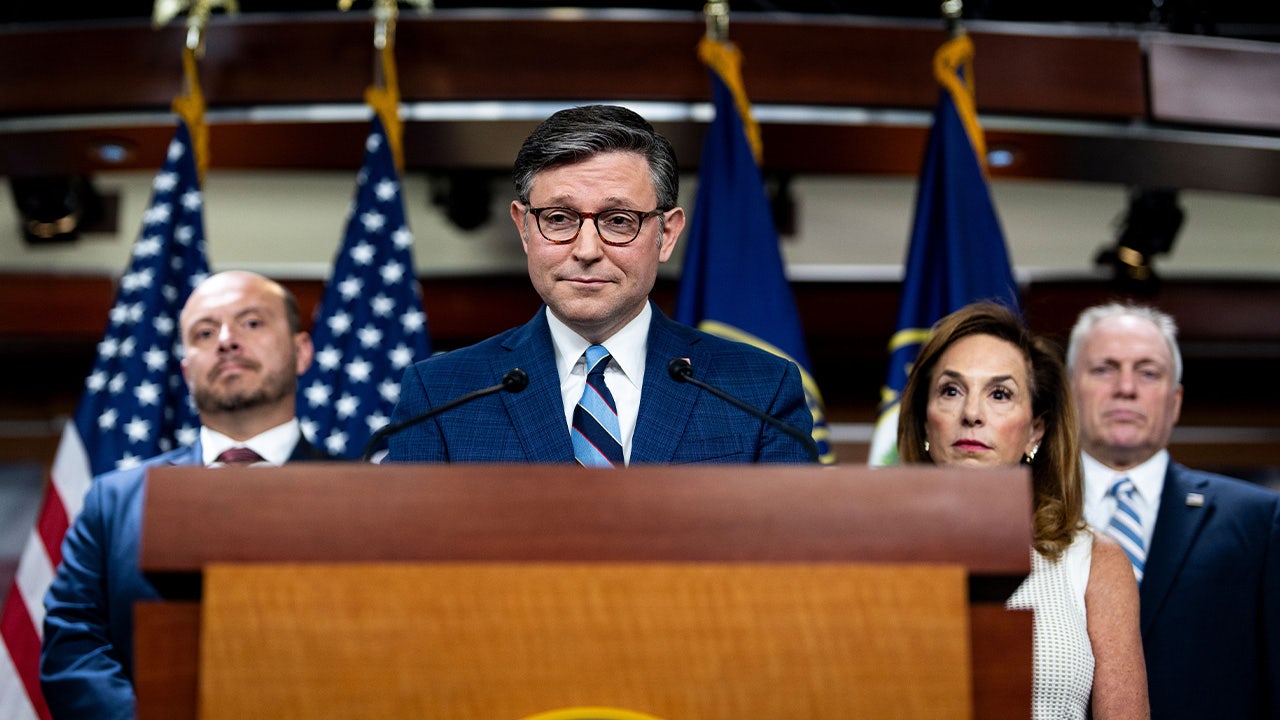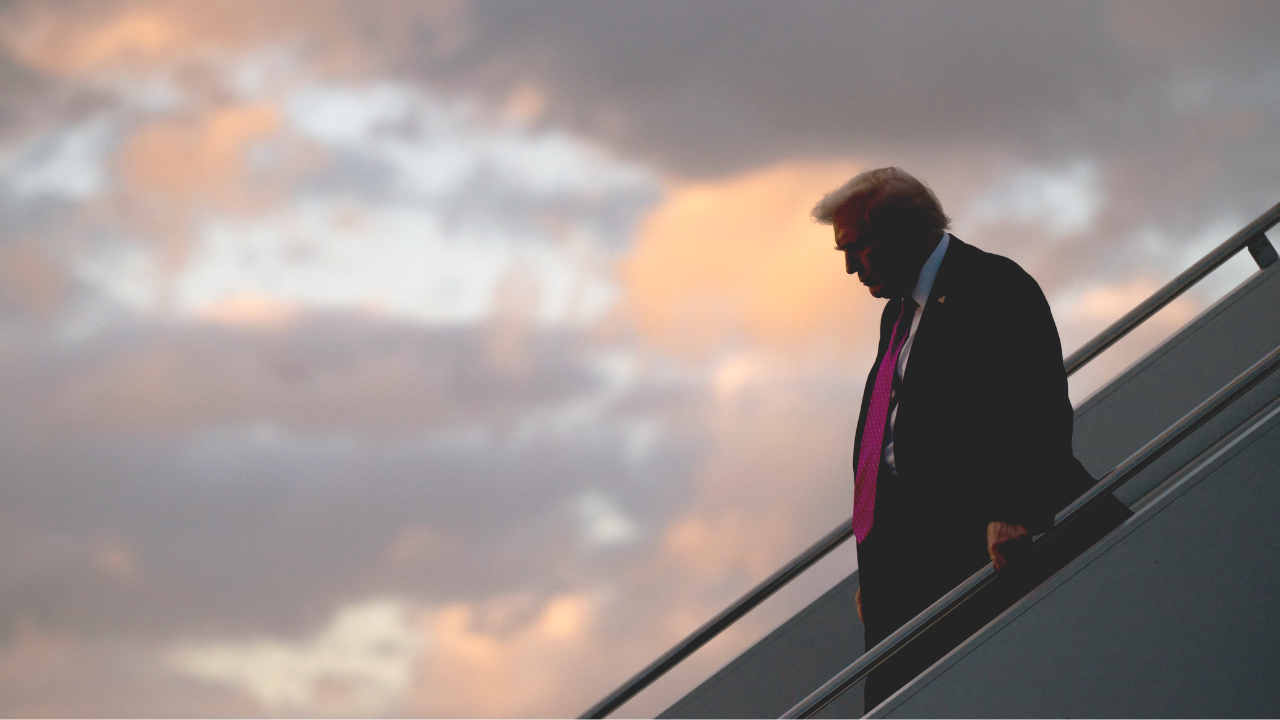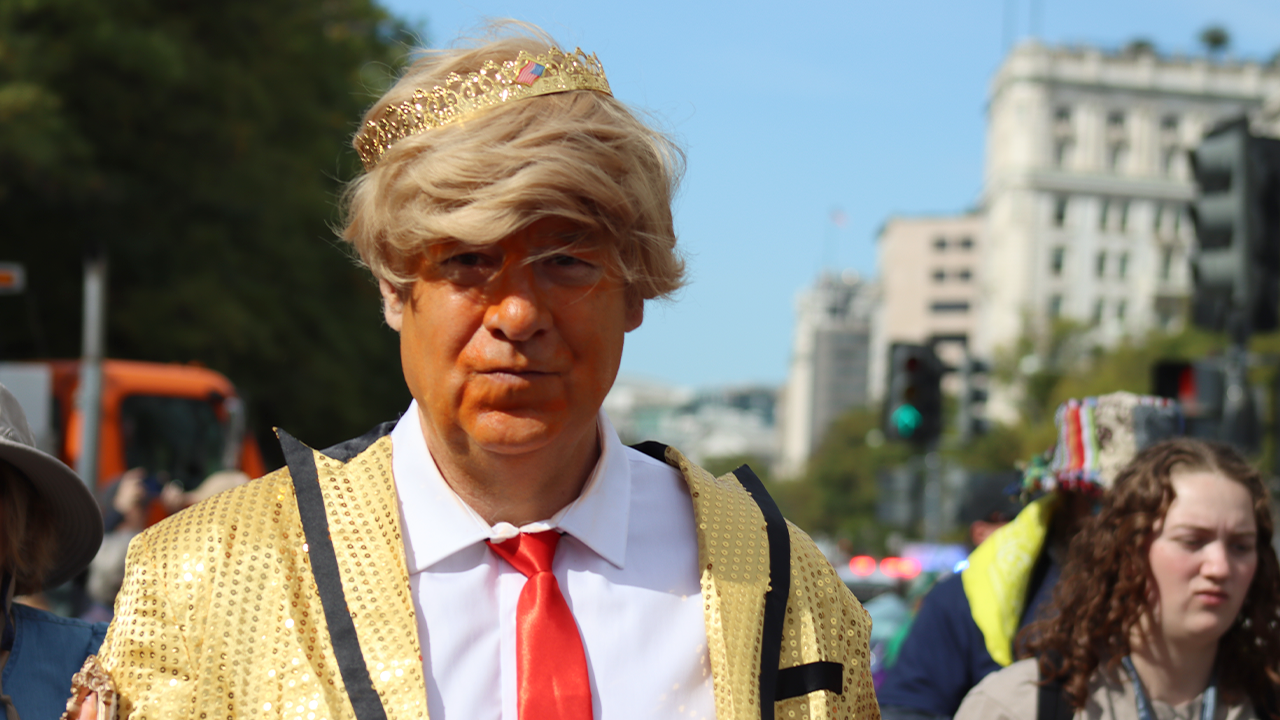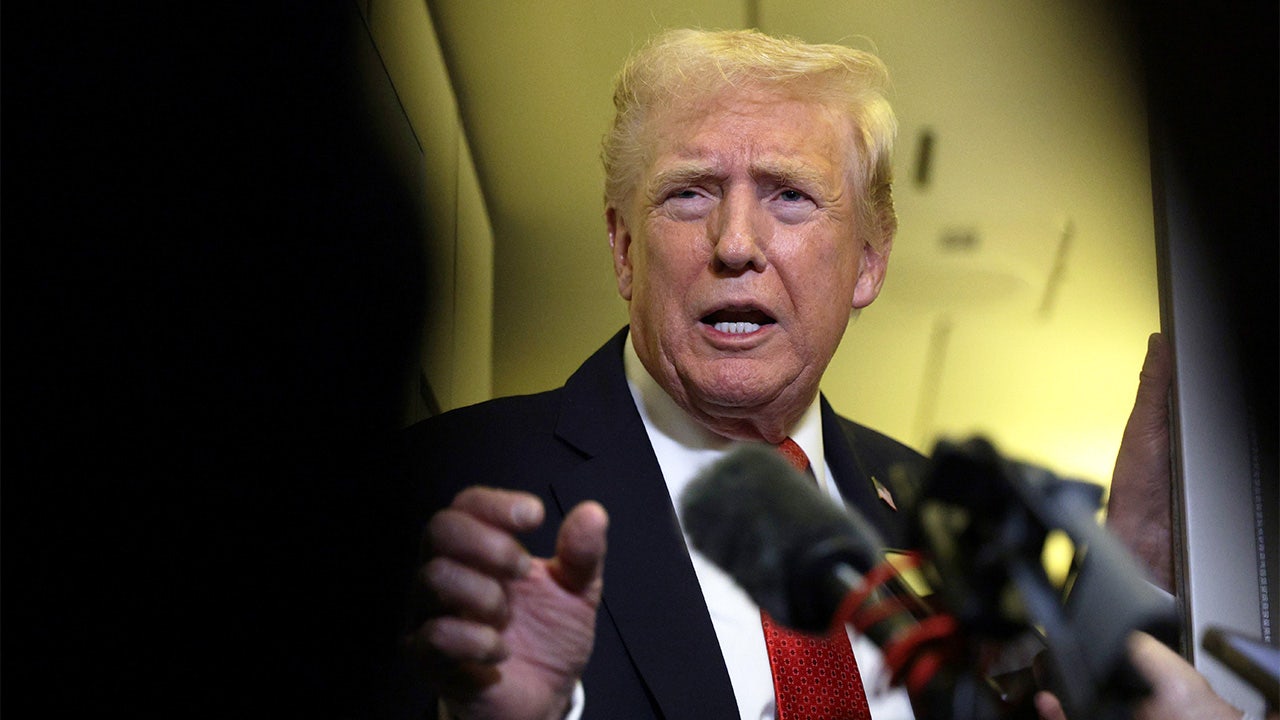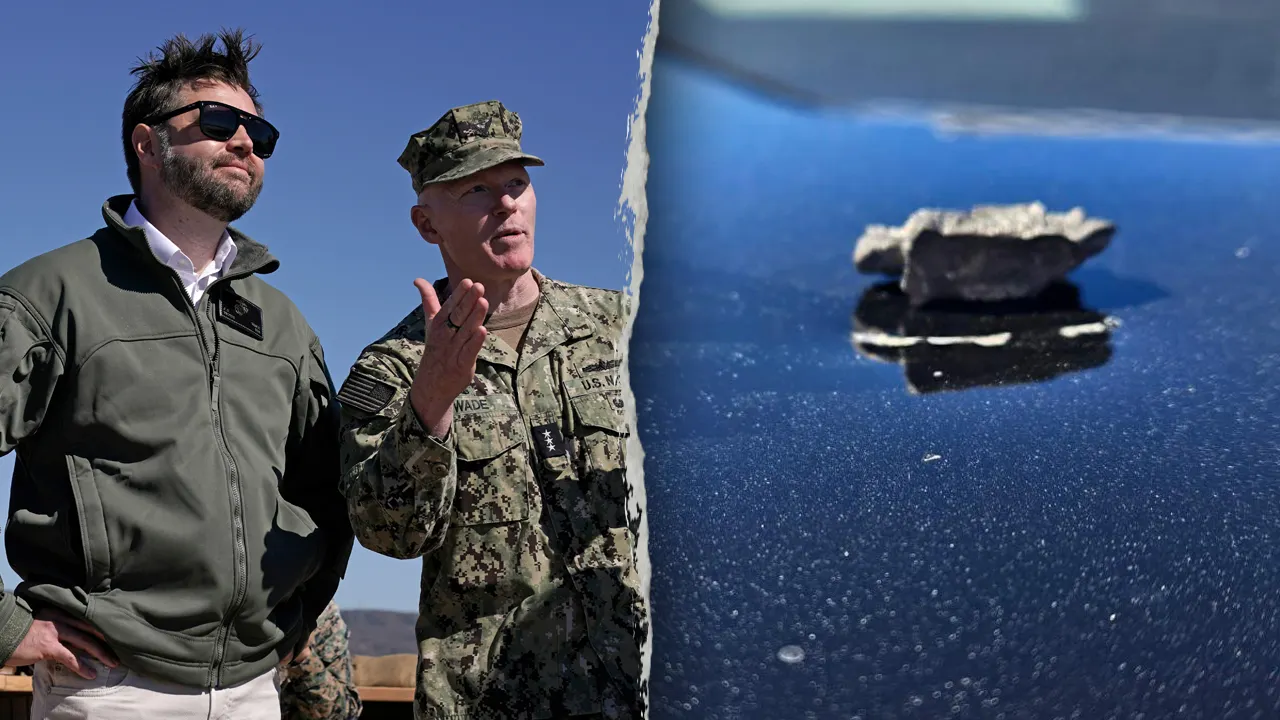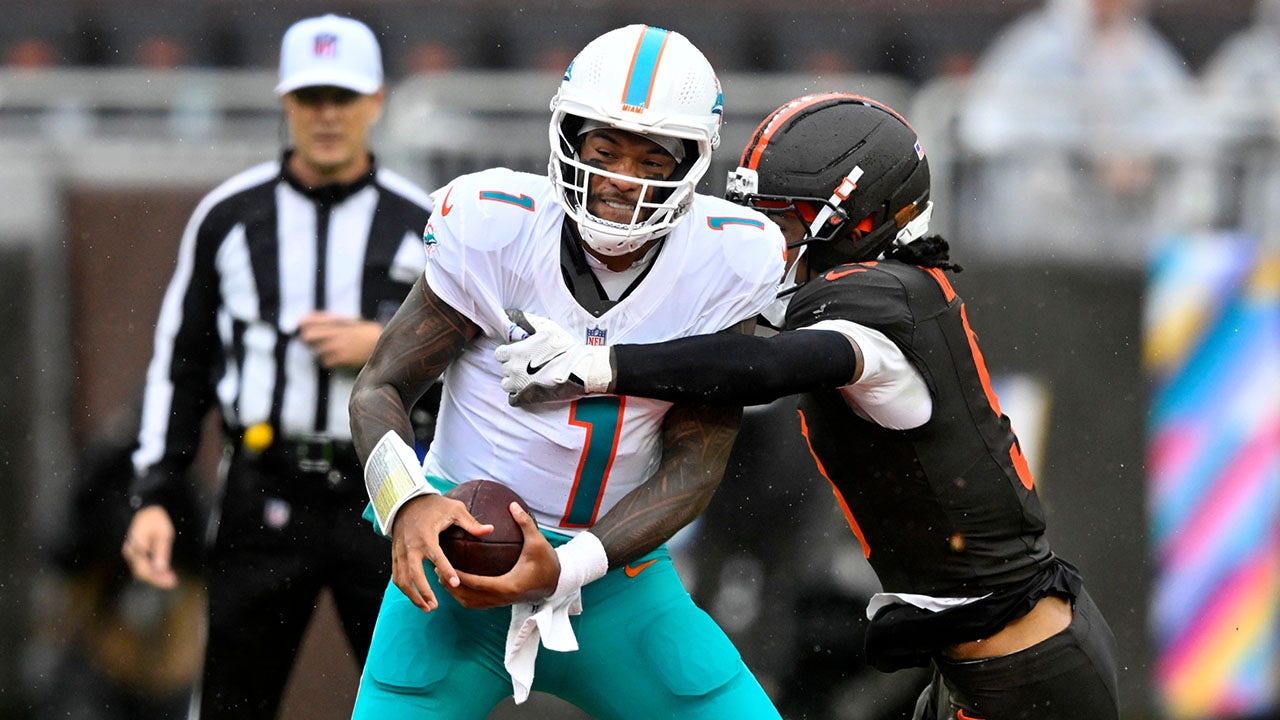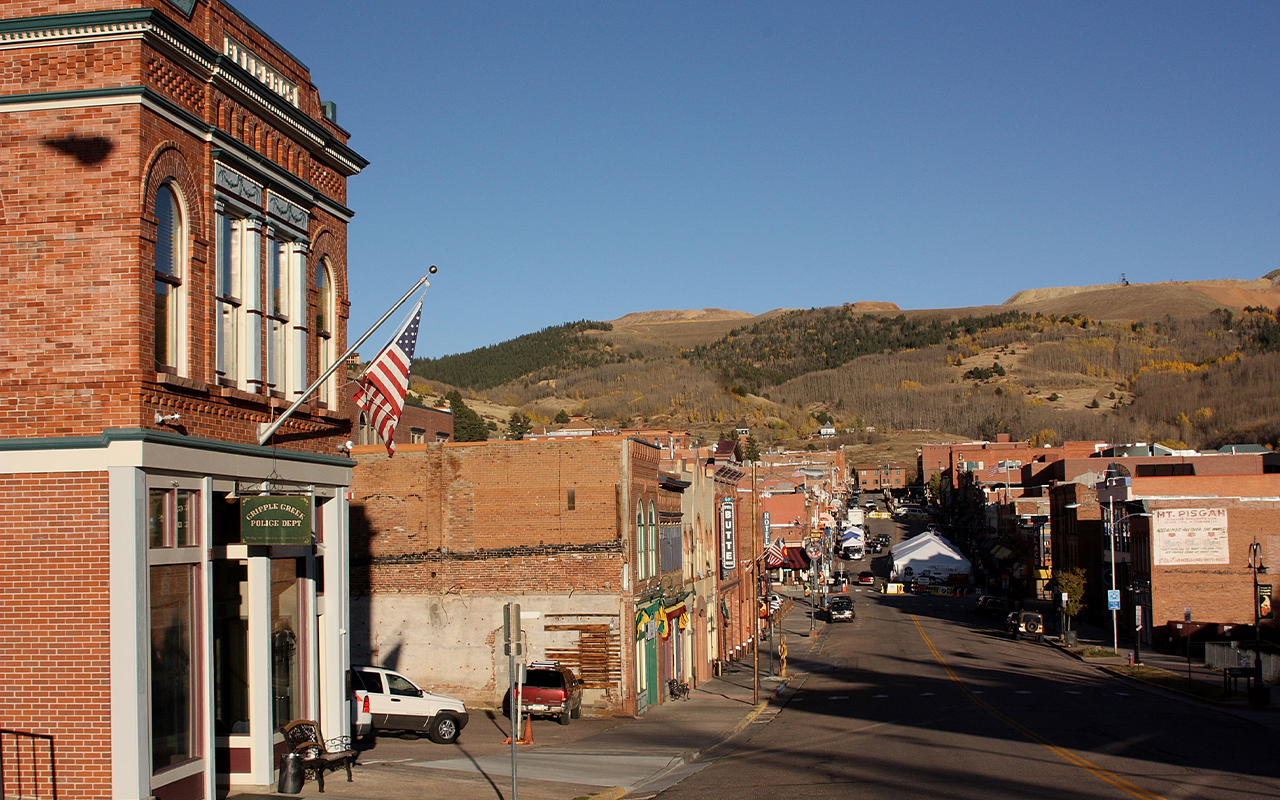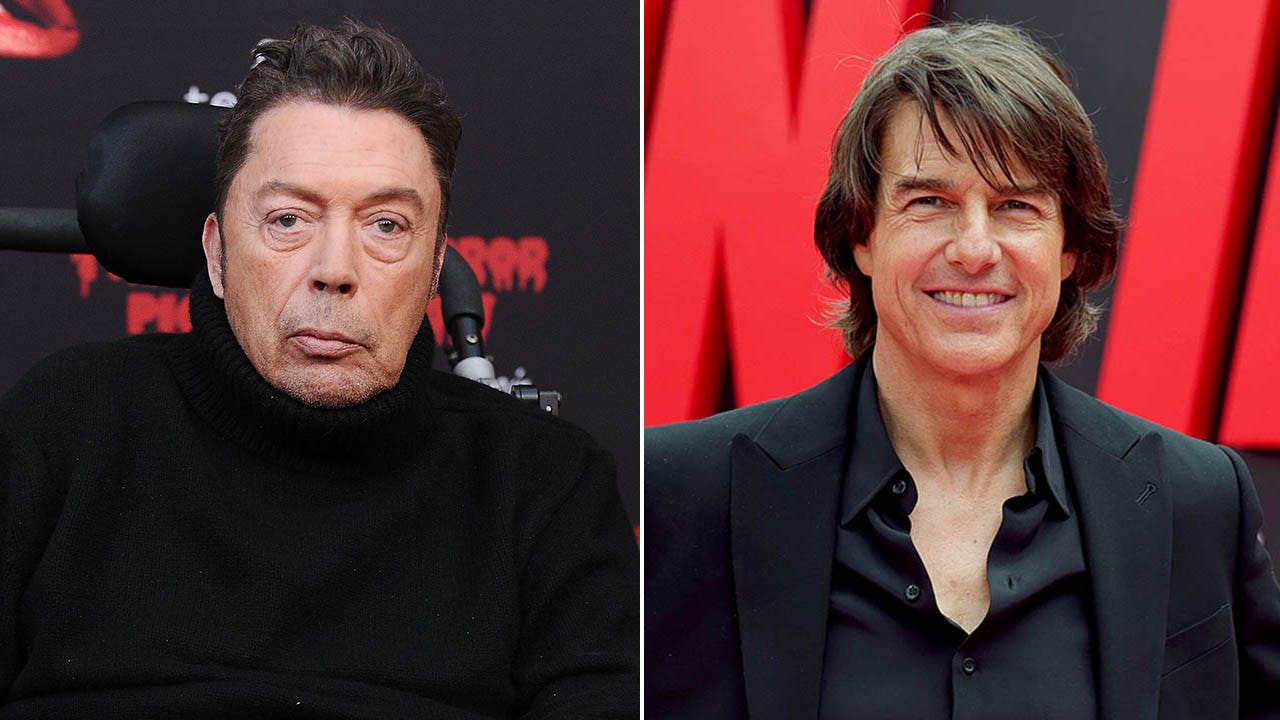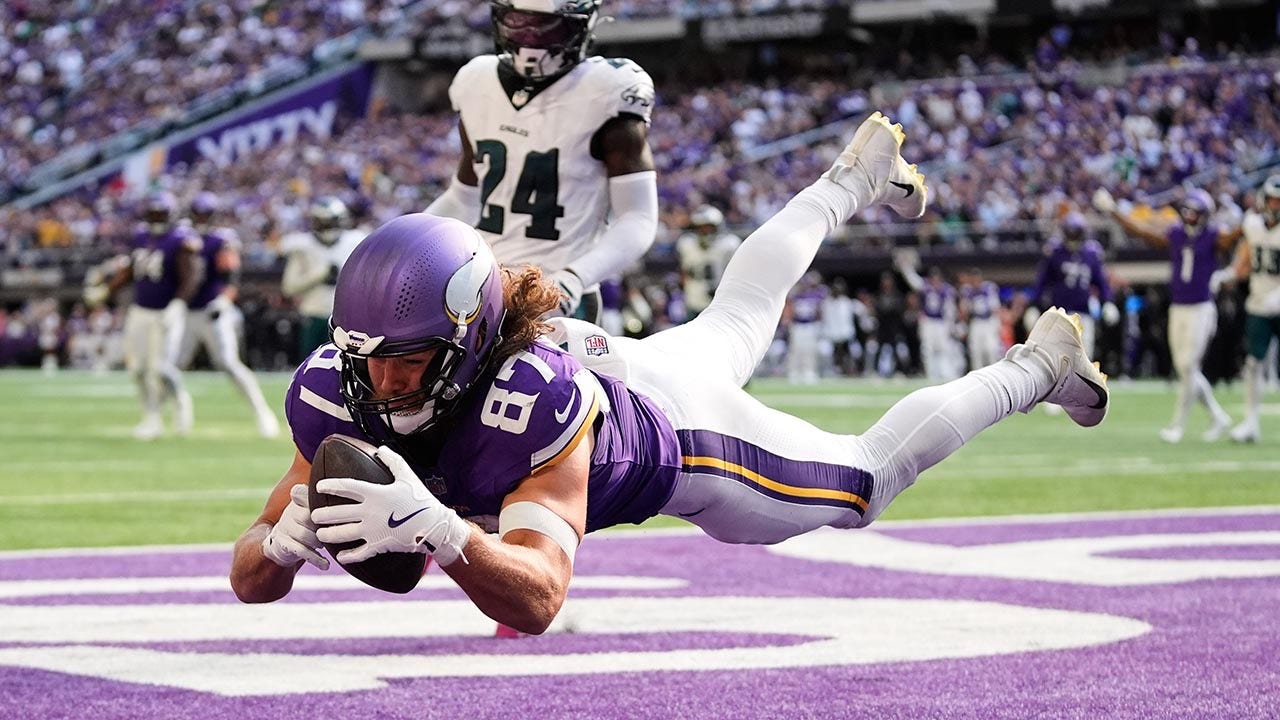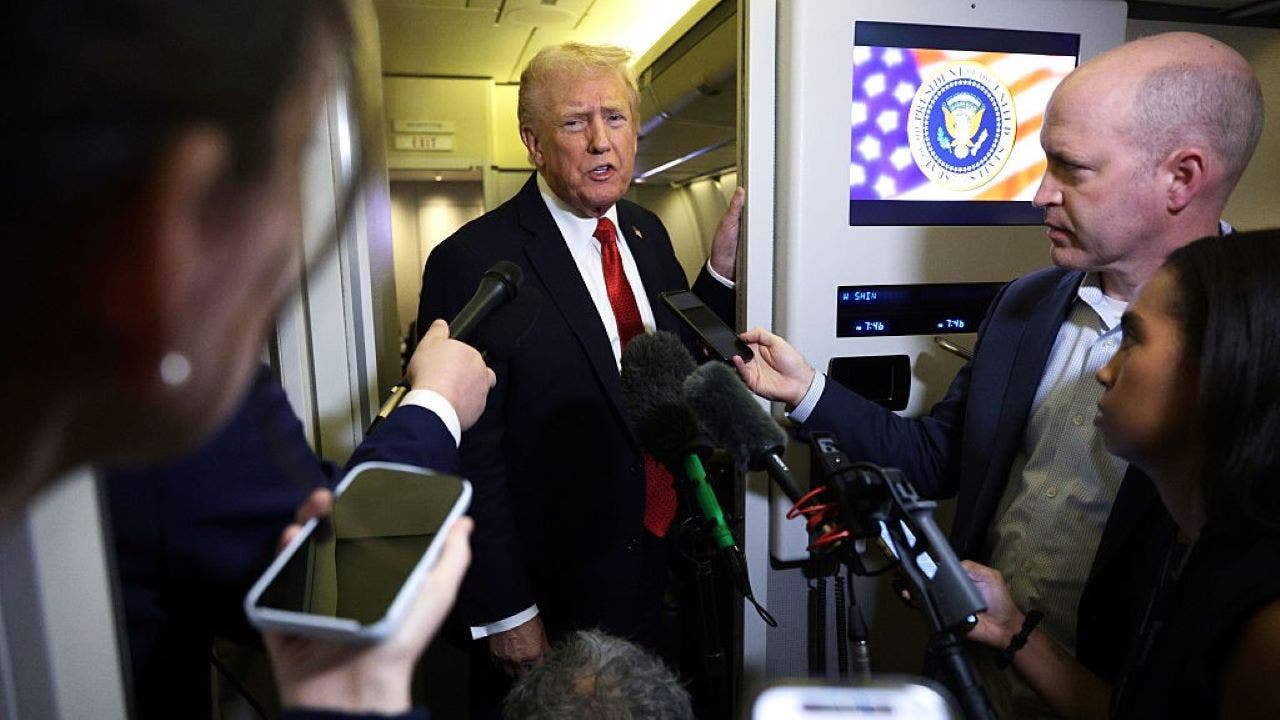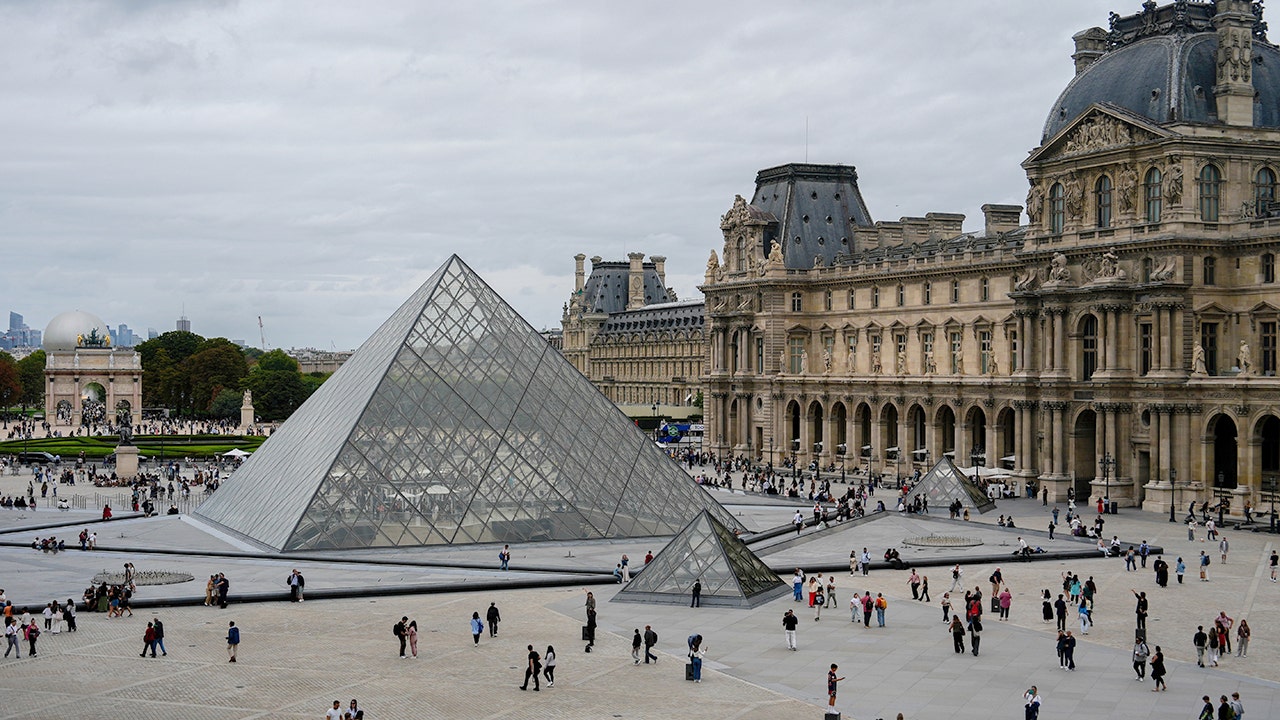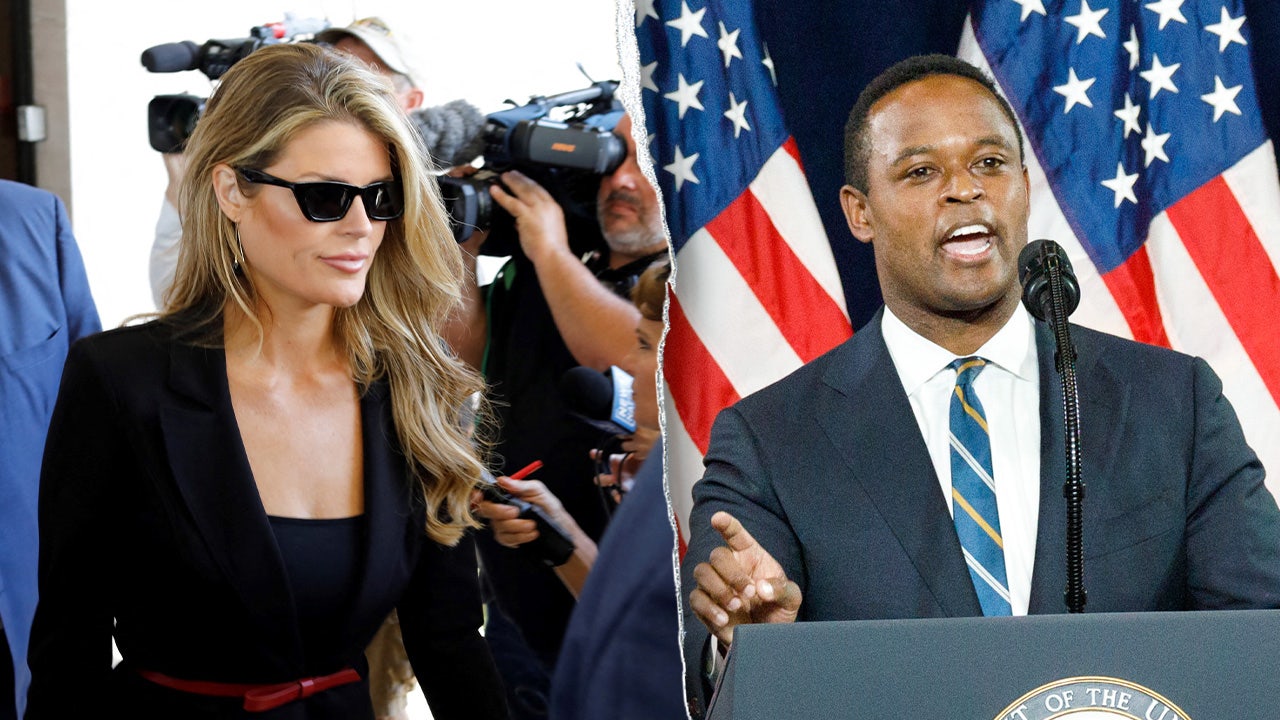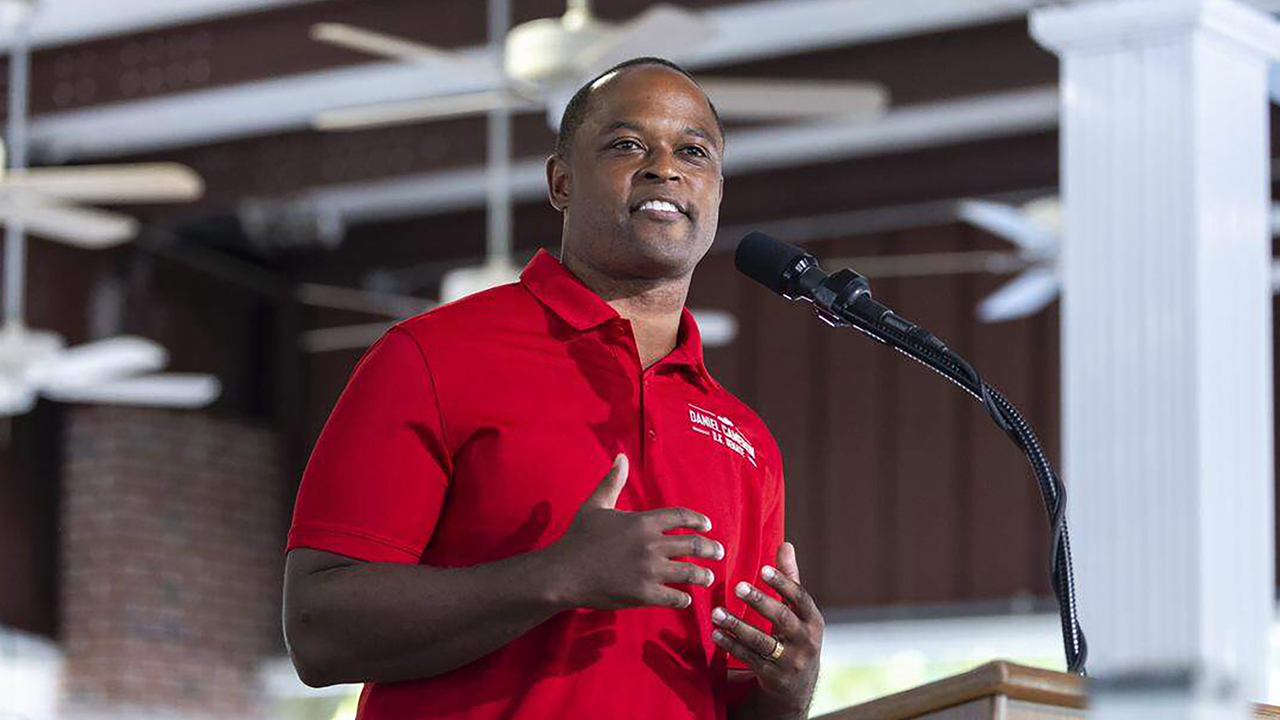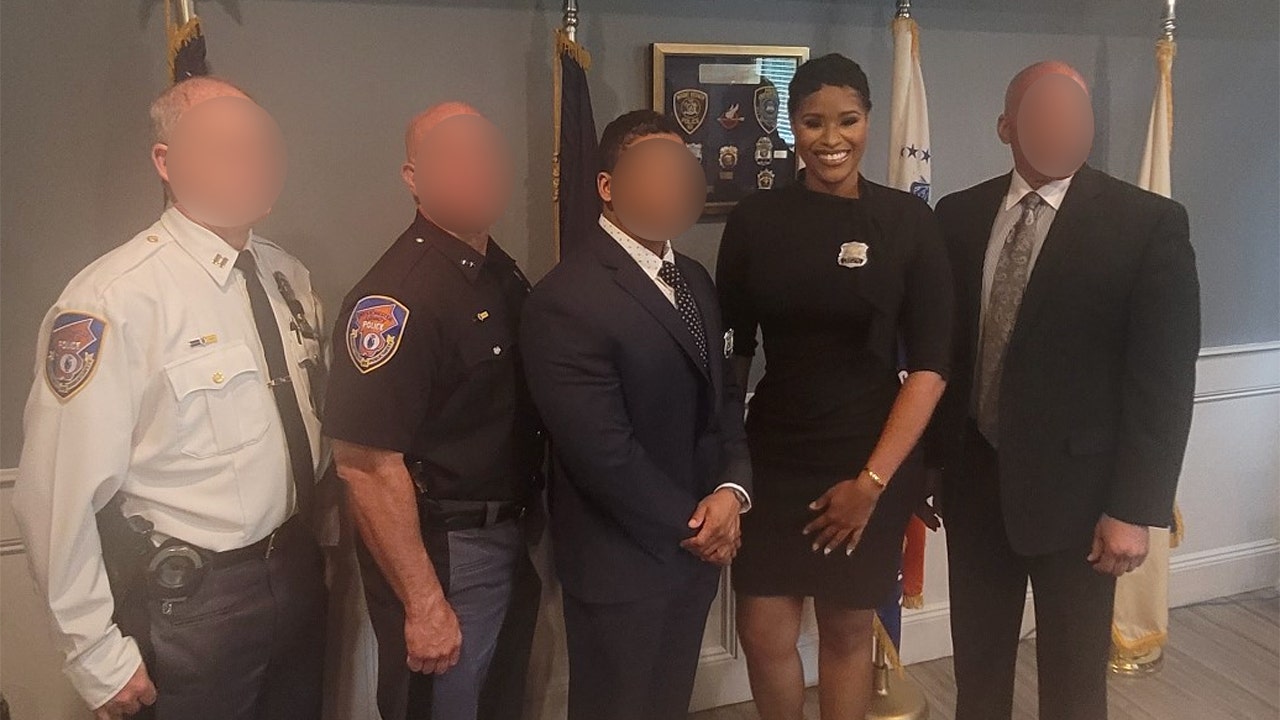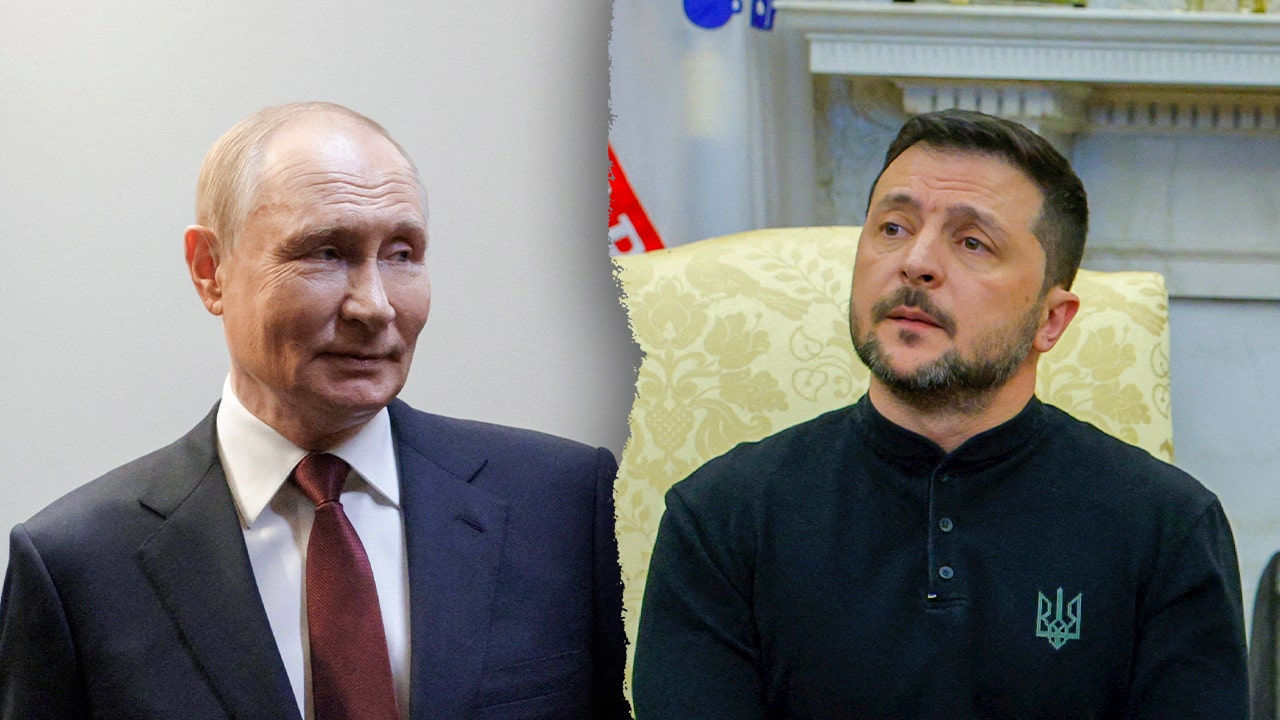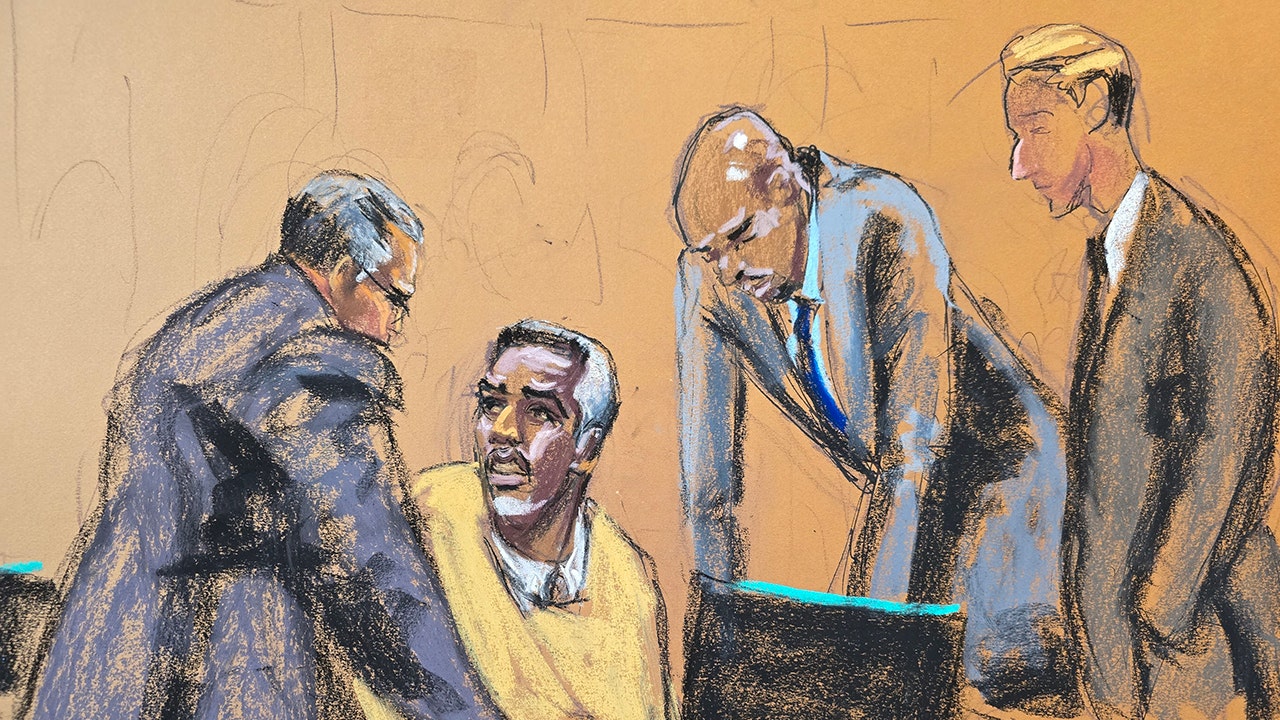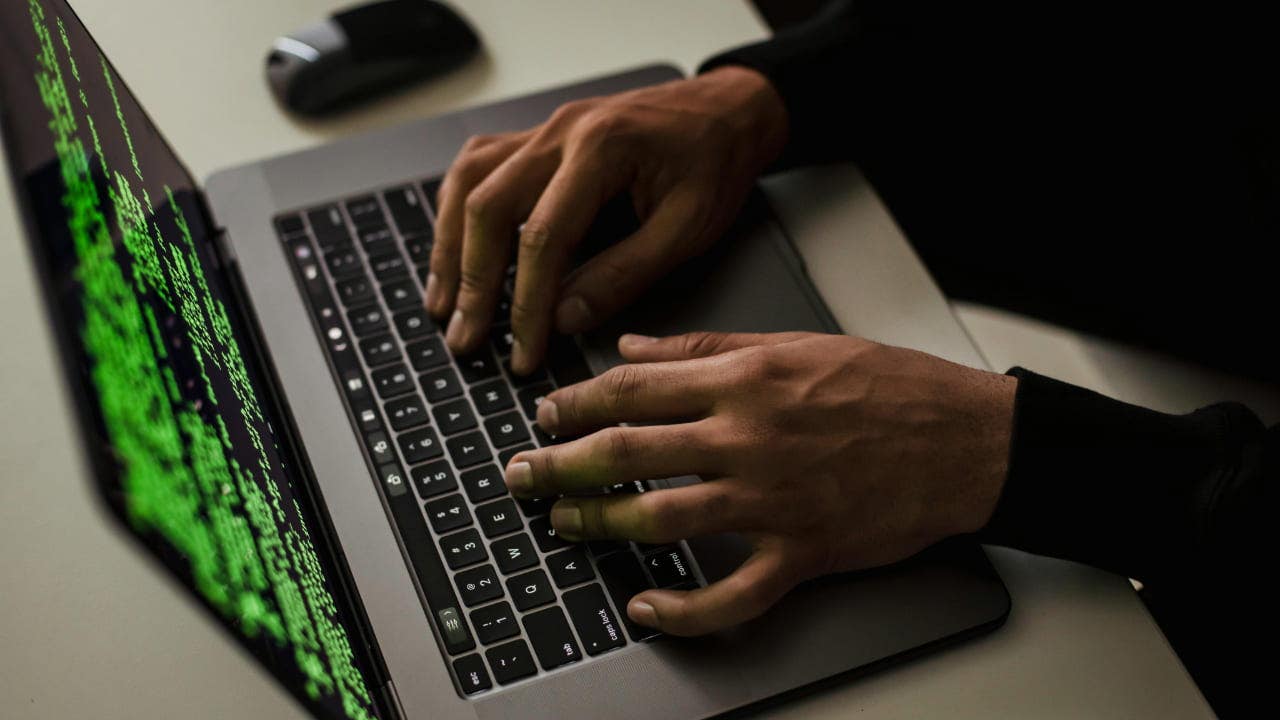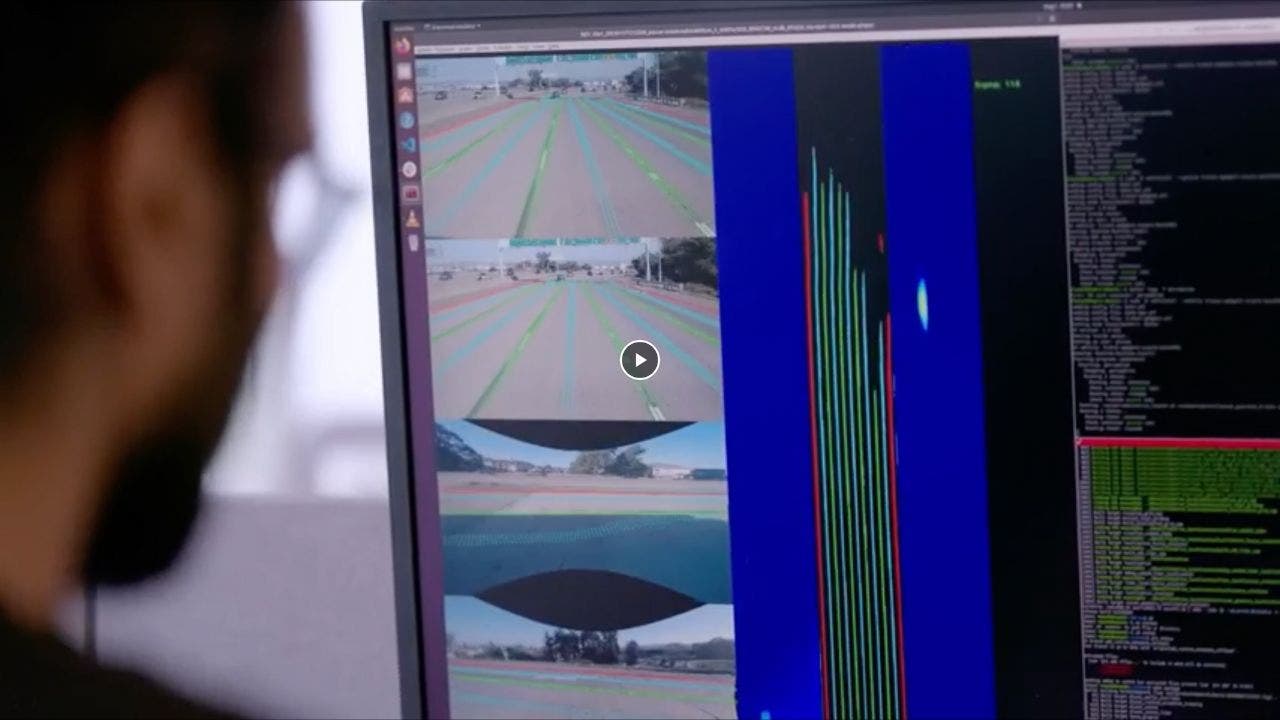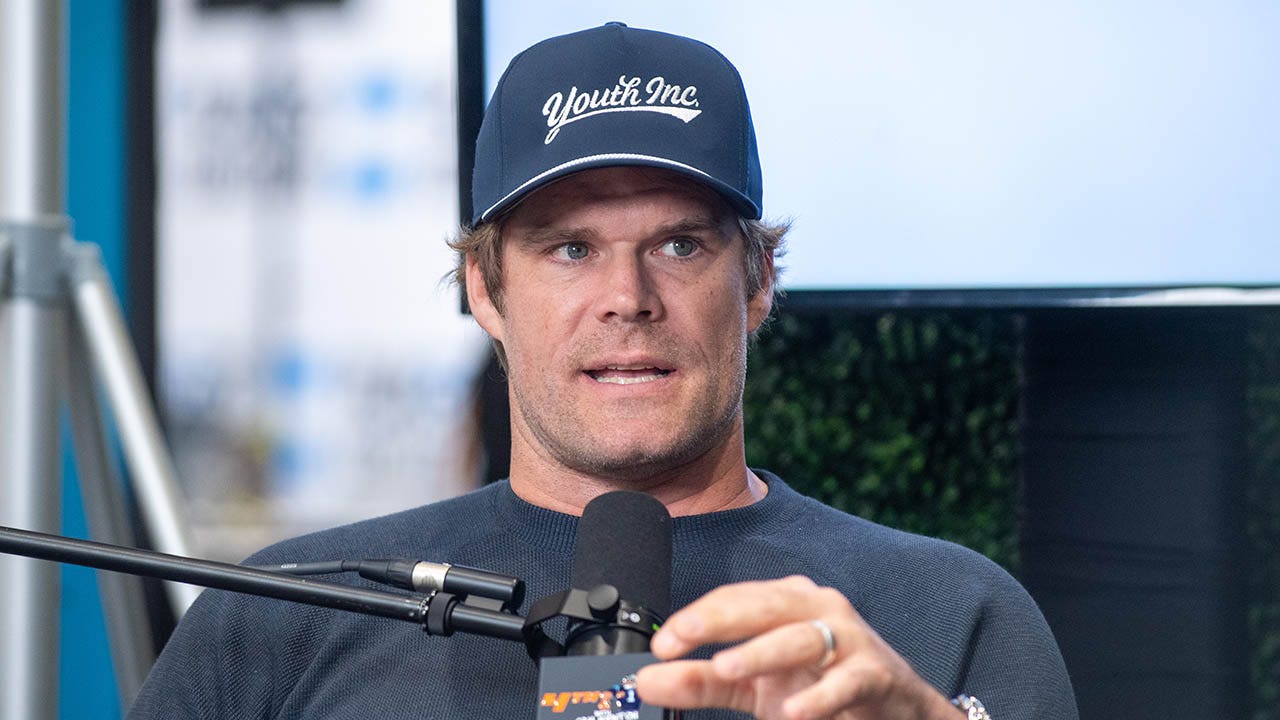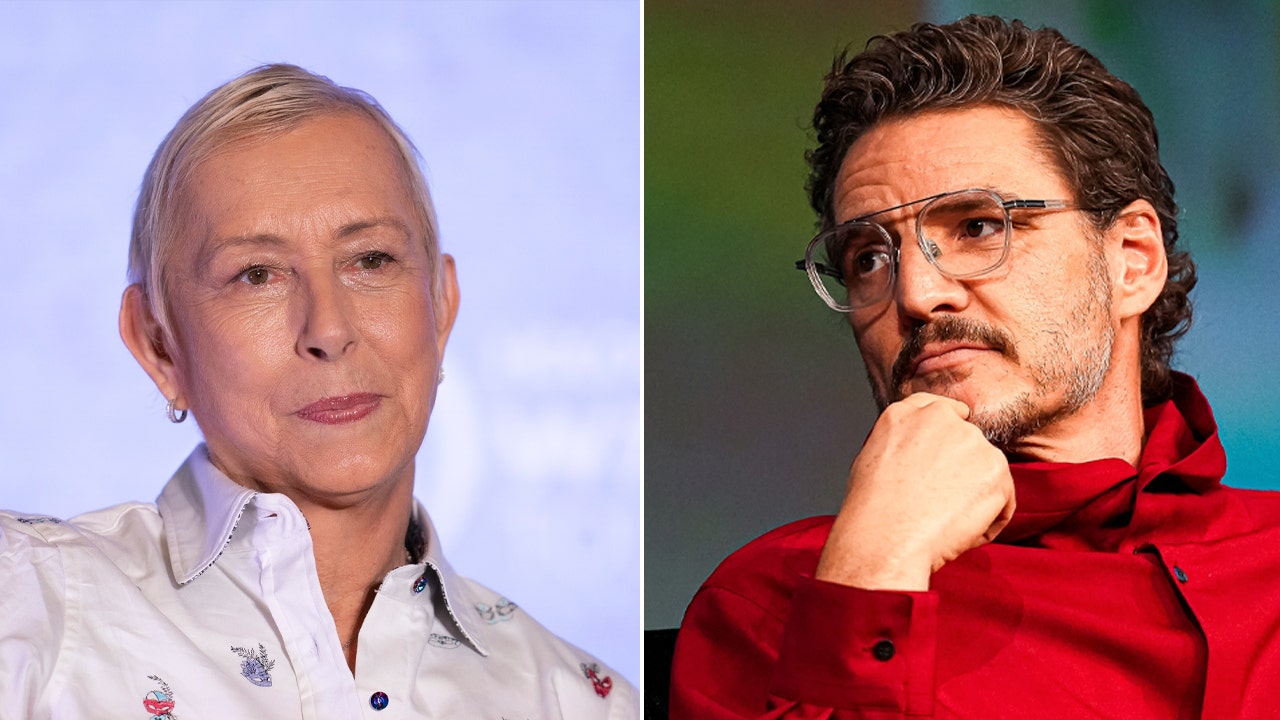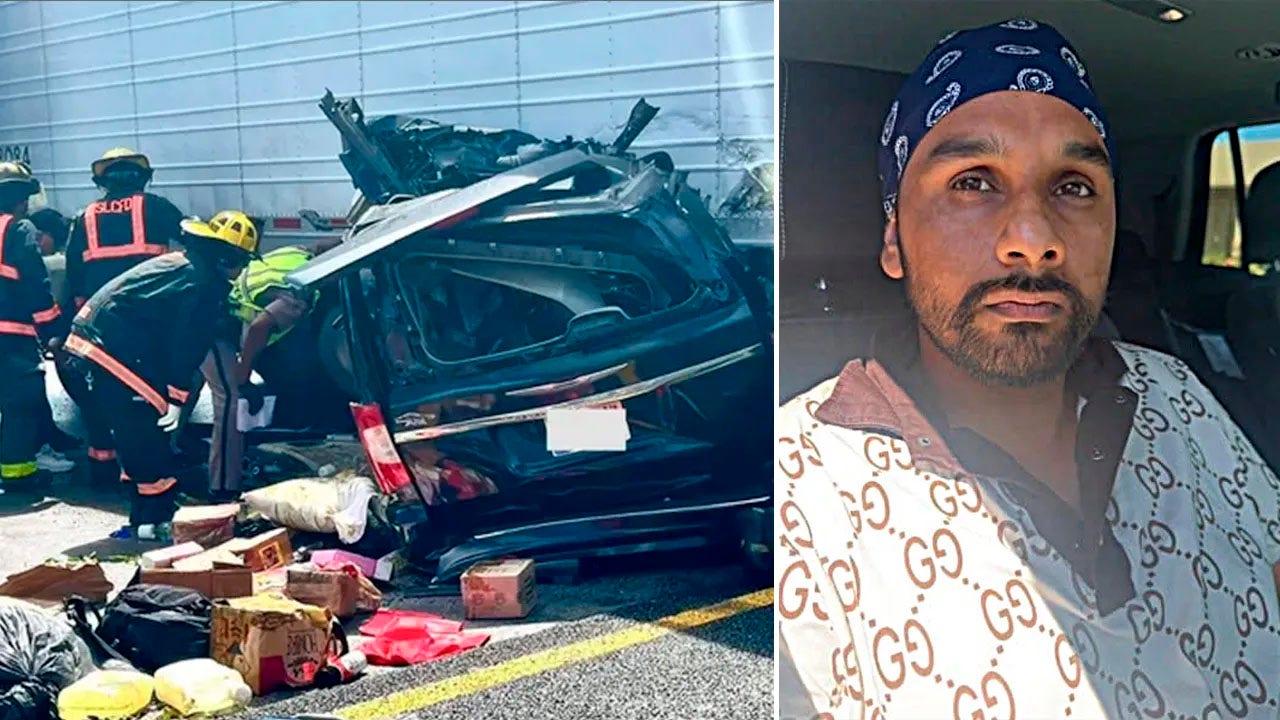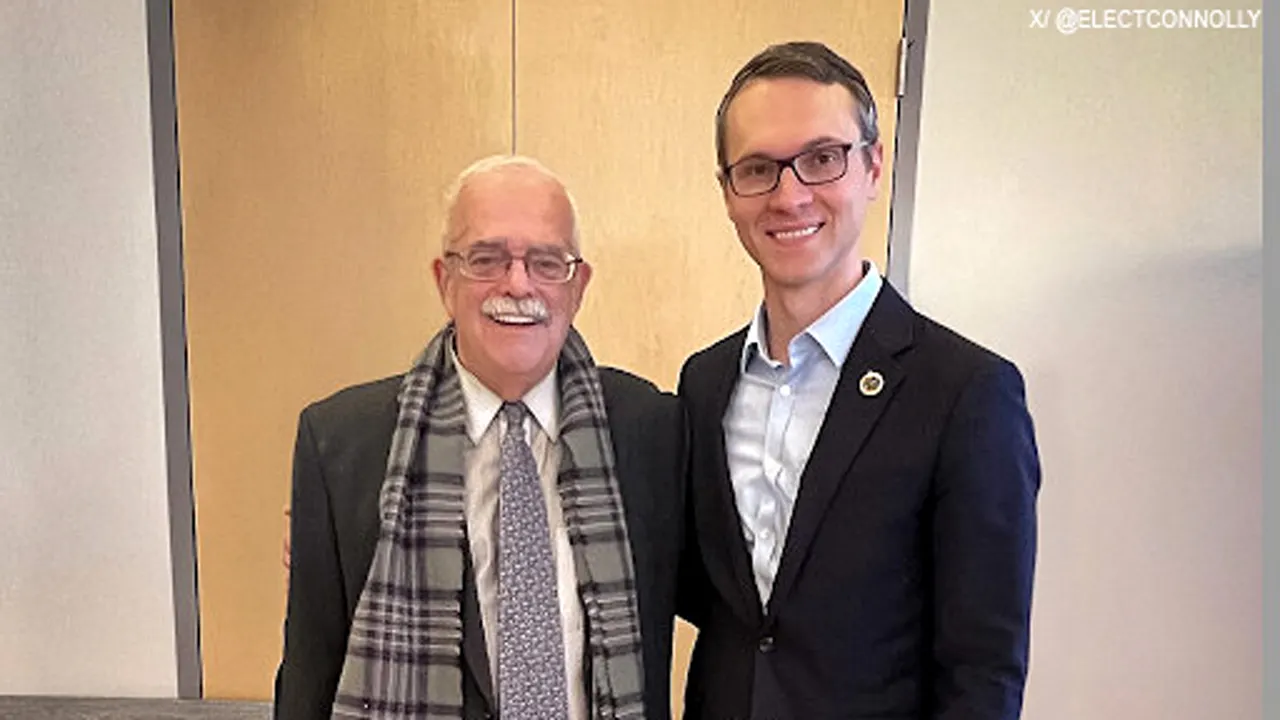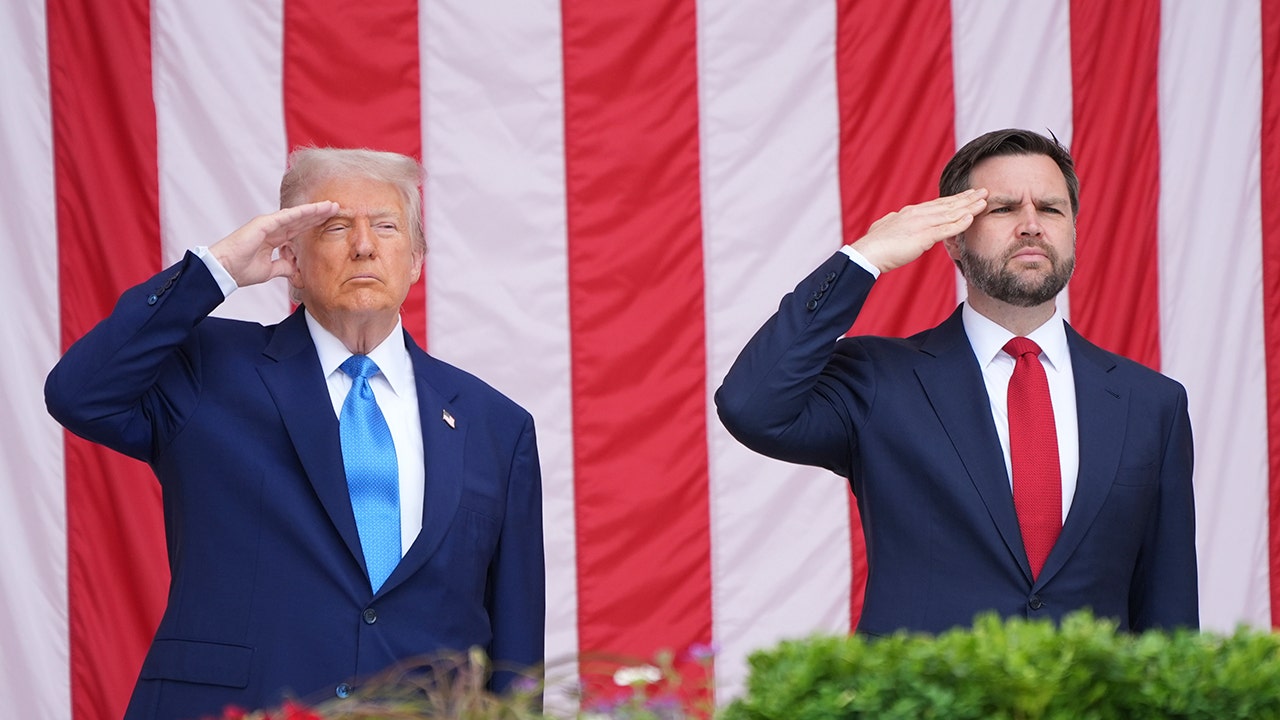NEWYou can now listen to Fox News articles!
President Donald Trump said he believes Venezuela is "feeling heat" amid his administration’s war against alleged drug boats in the Caribbean, which has taken out at least two vessels in just the past week.
Although Trump has said the strikes are intended to curb the influx of drugs into the United States, experts and some lawmakers contend that they serve another purpose: to exert pressure on Venezuelan President Nicolás Maduro so he’s ousted from power.
"The Trump administration is likely attempting to force Maduro to voluntarily leave office through a series of diplomatic moves, and now military action and the threat thereof," Brandan Buck, a foreign policy analyst at the Cato Institute, said in an email to Fox News Digital Thursday. "Whether this constitutes a ‘regime change’ or something else is a question of semantics."
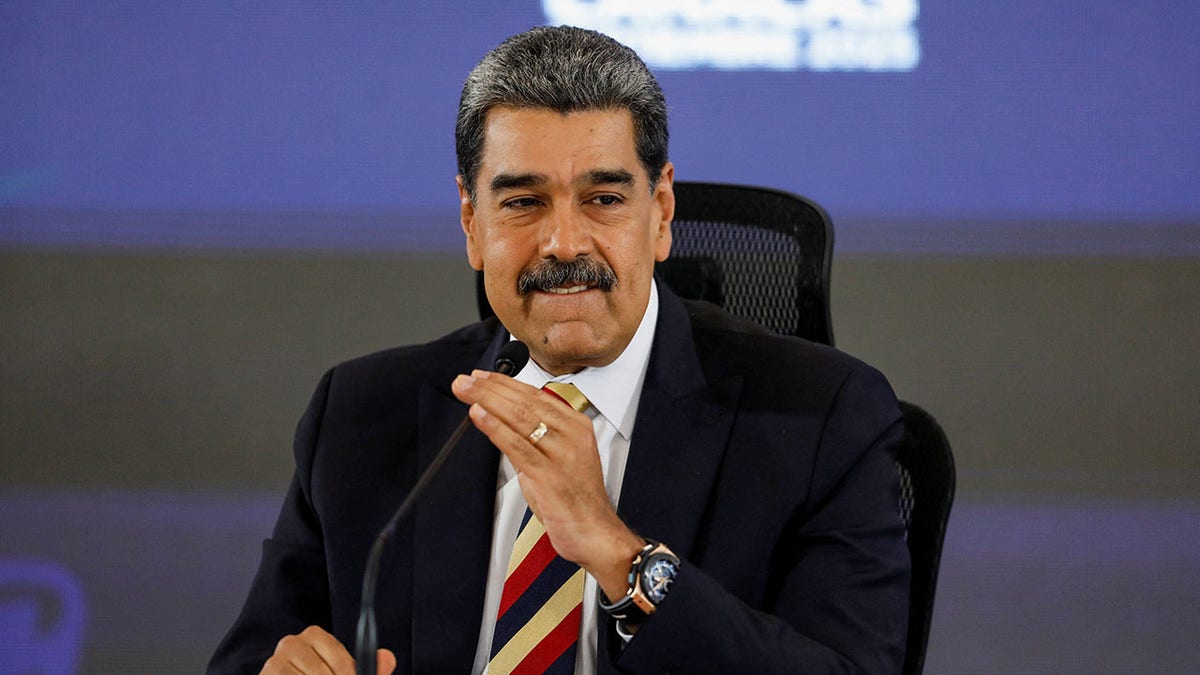
Venezuela's President Nicolás Maduro gestures as he holds a press conference, amid rising tensions with the United States over the deployment of U.S. warships in the Southern Caribbean and nearby waters. (Reuters)
The Trump administration repeatedly has said it does not recognize Maduro as a legitimate head of state, but instead, a leader of a drug cartel. In August, the Trump administration upped the reward for information leading to Maduro’s arrest to $50 million, labeling him "one of the largest narco-traffickers in the world."
So far, the Trump administration has been tight-lipped when asked about Maduro, and Trump declined to answer Wednesday when asked if the CIA had the authority to "take out" Maduro.
However, Trump confirmed that he authorized the CIA to conduct covert operations in Venezuela, after the New York Times reported Wednesday he signed off on the move. Trump told reporters he did so because Venezuela has released prisoners into the U.S., and that drugs were coming into the U.S. from Venezuela through sea routes.
Additionally, Trump confirmed Friday that Maduro offered to grant the U.S. access to Venezuelan oil and other natural resources, claiming the Venezuelan leader didn't want to "f*** around" with the U.S.
Still, these recent strikes are unlikely to majorly undermine drug flow into the U.S., according to Buck.
"It is more likely that those strikes are part of this incremental effort to dislodge Maduro than merely an effort to wage war on the cartels," Buck said. "Pacific and overland routes through Mexico are considerably more prolific, and Venezuela itself is a relatively minor player, especially when it comes to fentanyl."
The Trump administration has employed maritime forces to address drug threats, and has bolstered naval assets in the Caribbean in recent months. For example, Trump has sent several U.S. Navy guided missile destroyers to enhance the administration’s counter-narcotics efforts in the region starting in August.
TRUMP UNLEASHES US MILITARY POWER ON CARTELS. IS A WIDER WAR LOOMING?
The U.S. killed six alleged drug traffickers on a boat in international waters near Venezuela, President Donald Trump announced Oct. 14, 2025. (realDonaldTrump/Truth Social)
Geoff Ramsey, a senior fellow at the Atlantic Council international affairs think tank, said that the Trump administration wants these additional forces to encourage the Venezuelan military to take matters into their own hands.
"What President Trump is hoping is that this deployment will signal to the Venezuelan military that they should rise up against Maduro themselves," Ramsey said in a Thursday email to Fox News Digital. "The problem is that we haven’t seen this approach bear fruit in twenty years of trying. Maduro is terrible at governing, but good at keeping his upper ranks fat and happy while the people starve."
"What is needed here is some kind of a road map, or a blueprint for a transition, that can be more attractive to the ruling party and those around Maduro who might secretly want change but need to see a future for themselves in a democratic Venezuela," Ramsey said.
Meanwhile, the second Trump administration has adopted a hard-line approach to address the flow of drugs into the U.S., and designated drug cartel groups like Tren de Aragua, Sinaloa and others as foreign terrorist organizations in February.
Additionally, the White House sent lawmakers a memo Sept. 30 informing them that the U.S. is now participating in a "non-international armed conflict" with drug smugglers, and has conducted at least six strikes against vessels off the coast of Venezuela. The U.S. seized survivors from the most recent strike Thursday — the first one involving survivors. At least 28 other individuals have died from previous strikes.
Lawmakers on both sides of the aisle have voiced concerns over the legality of the strikes, and Sens. Adam Schiff, D-Calif., and Tim Kaine, D-Va., filed a war powers resolution in September to bar U.S. forces from engaging in "hostilities" against certain non-state organizations.
TRUMP TOUTS US STRIKE AS MADURO SLAMS MILITARY ‘THREAT’ OFF VENEZUELA
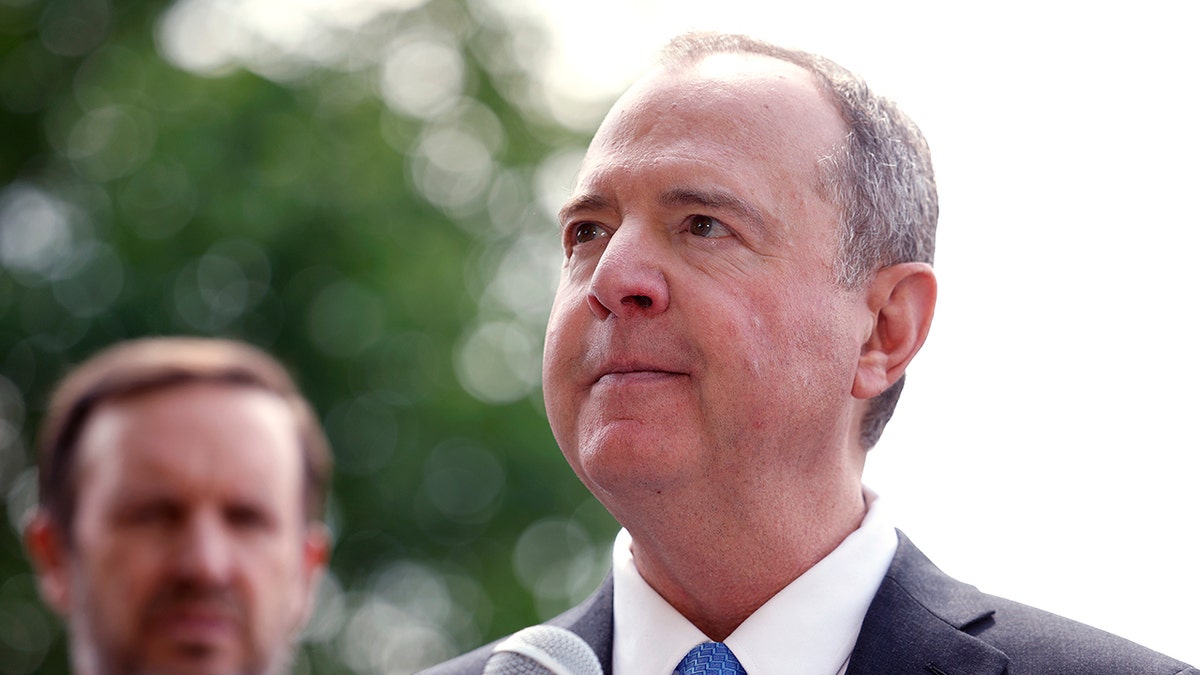
Sens. Adam Schiff, D-Calif., pictured here, and Tim Kaine, D-Va., filed a war powers resolution in September to bar U.S. forces from engaging in "hostilities" against certain non-state organizations. (Kevin Dietsch/Getty Images)
The resolution failed in the Senate by a 51–48 margin on Oct. 8, but Republicans Rand Paul of Kentucky and Lisa Murkowski of Alaska voted alongside their Democratic counterparts for the resolution.
On Friday, Schiff, Kaine and Paul introduced another narrower war powers resolution that would block U.S. armed forces from participating in "hostilities" against Venezuela specifically. The lawmakers said the resolution came in response to Trump’s comments considering land operations in Venezuela.
"The Trump administration has made it clear they may launch military action inside Venezuela’s borders, and won't stop at boat strikes in the Caribbean," Schiff said in a statement Friday. "In recent weeks we have seen increasingly concerning movements and reporting that undermine claims that this is merely about stopping drug smugglers. Congress has not authorized military force against Venezuela. And we must assert our authority to stop the United States from being dragged—intentionally or accidentally—into full-fledged war in South America."
When asked about lawmakers’ concerns about the legality of the strikes, Trump dismissed them and said that lawmakers were informed the vessels carried drugs.
"But they are given information that they were loaded up with drugs," Trump said on Tuesday. "And that's the thing that matters. When they're loaded up with drugs, they're fair game. And every one of those ships were and they're not ships, they're they're boats."
The Associated Press contributed to this report.
Diana Stancy is a politics reporter with Fox News Digital covering the White House.

 5 hours ago
2
5 hours ago
2
